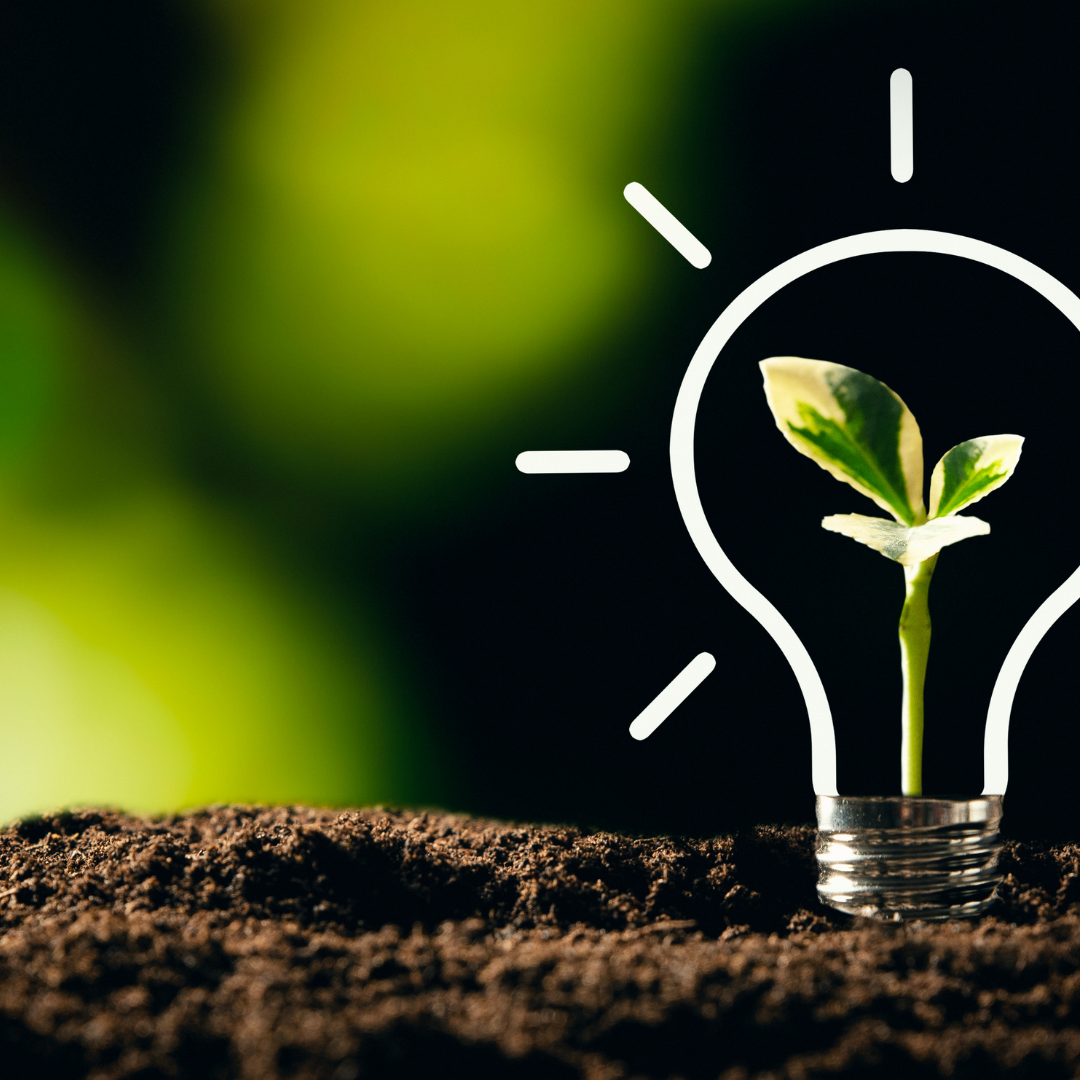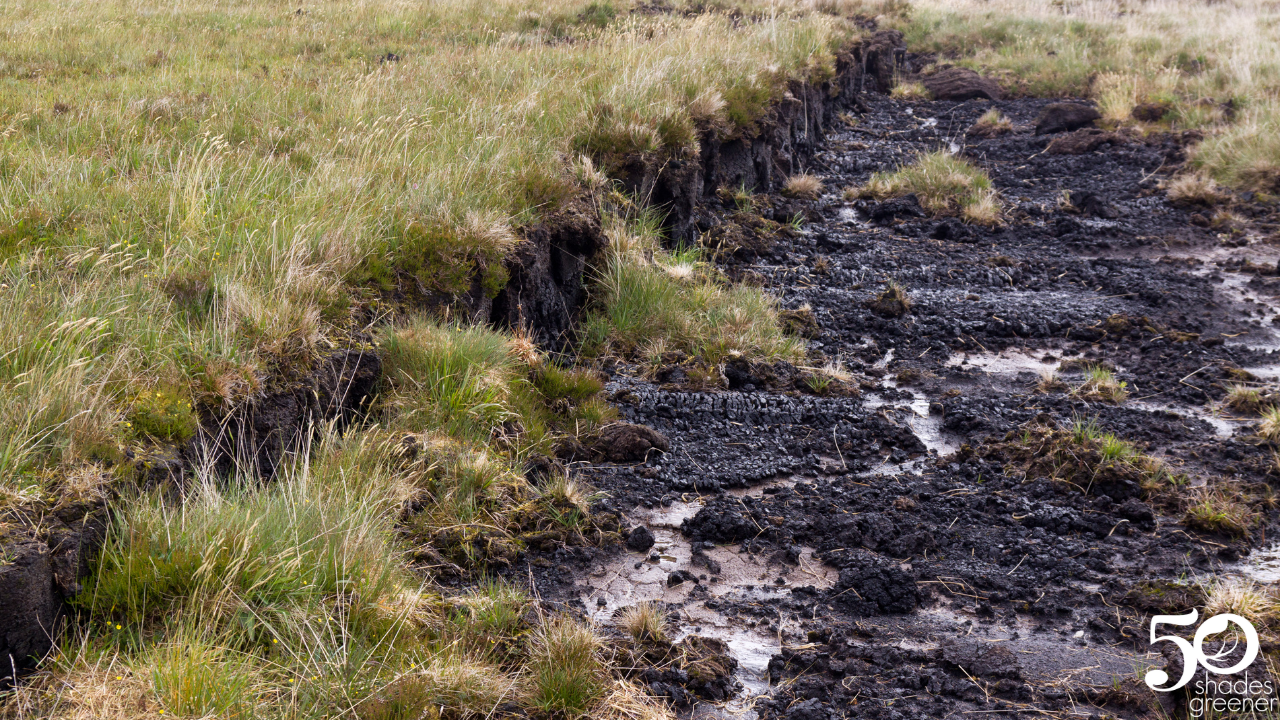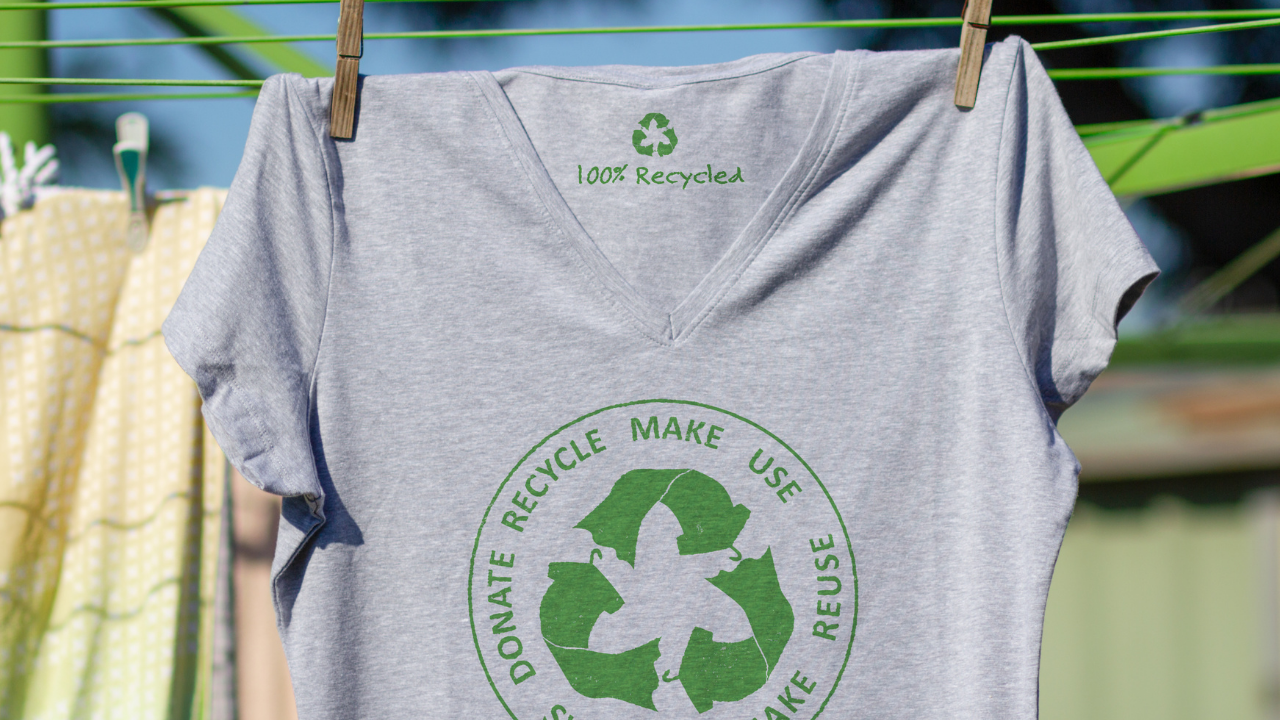My lightbulb moment – why isn’t everyone doing this?

Back in 2012, while working as the Sales & Marketing Manager of Hotel Doolin in West Clare, my General Manager told me to form a "green team" and apply for Green Hospitality Ireland certification.
Excuse me but...what?!
To say I was apprehensive at the start would be an absolute understatement!
I had no idea where to even begin.
I attended workshops, seminars, and completed an endless number of courses as well as reading blogs about Green businesses.
Within 2 years and with little to no investment, we managed to reduce our Energy by 30%, our Waste by 40% and our Water by 25%.
My first thought was “WHY ISN’T EVERYONE DOING THIS?"
To me, greening your hotel or restaurant became not just “the nice thing” to do, it is instead “the smart” thing to do from a business perspective.

My Light-bulb moment
At this point of my career, everything shifted and changed for me forever.
The "Why isn’t everyone doing this?" began forming an idea in my head.
What if I could teach other...
The 7 basic steps to reduce your carbon emissions
Allow us to steal 3 minutes of your time today to show you just how simple it is to reduce your hotel’s carbon footprint and even achieve carbon neutrality.
Sustainability is a word that is thrown around constantly and in so many scenarios that it becomes an unachievable task and a blurry concept in our minds. So we want to demystify 'sustainability' and break it into actionable steps:

Calculate your current Carbon Emissions
Once again, this is easier than you might think.
- Firstly you need to begin to analyse and understand your utility bills for waste, water and energy.
- Set up a system and assign a person from your team to monitor the CO2 kg produced at your business every month – this person is going to be your Green Manager who should report to you and the rest of the time periodically.
- Observe your building, where and when is energy being used, where and when is water being used and where and what waste is being produced.
- Provide team training to your employees fro...
Irish Chef becomes the first qualified Green Manager worldwide

Odran Lucey, executive chef at the Rose Hotel in Tralee, Ireland, has become the first person in the world to successfully complete a brand-new qualification for Environmental Sustainability Management in Hospitality.
Fifty Shades Greener (FSG) and the Confederation of Tourism & Hospitality (CTH) joined forces in late 2021 to create the first Level 4 (Level 6 in Ireland) certificate in environmental sustainability management in hospitality. This is the first qualification of its kind to be regulated as an official qualification on the Ofqual framework of education.
“Reducing carbon emissions should be something that becomes paramount in our daily routines if we really want to provoke a mind-set change. Environmental education is key to driving this transformation and the general education system has a responsibility to not only prepare learners for the world of work, but provide them with the skills to influence employers, politicians and the wider society. This can be achieved throu...
How You Can Triple Win In Your Business

What can be more tempting than a sustainable solution that benefits your business in three ways - socially, economically and environmentally?
You can triple win in your business by doing the following:
- Reducing your use of resources and CO2 footprint.
- Reducing operating costs and empowering members of the team to take personal responsibility in the fight to reduce emissions.
- Use the approach ‘trust is built’, create a culture of transparency in communication, with customers and the community in which the business operates.
To triple win in your business it can be achieved through education of the team that this has the greatest impact: socially (training, upskilling, career progression, investing in your team and improved communication), economically (reductions and efficiency means cost savings) and environmentally (reduction in usage means less CO2 emissions): the triple win.
This blog article will help your business embed a triple win strategy.
How to Triple Win Econo...
For Peats Sake, can we leave it alone?

Ireland has much work to do in 2022 to implement solutions to curb the colossal CO2 emissions from our Island’s overuse of resources. In my quest to research other solutions that weren’t tree planting, I landed on the bog!
A day cutting turf is an age-old tradition in Ireland and has cultural importance, but our commercial destruction of these natural habitats and carbon sinks have created a hugely negative impact on our environment over the years.
Approximately 21% of Ireland is covered by peatlands, which are second only to the ocean in their capacity for carbon storage. They can also store 20 times more carbon than a forested area of the same size.
Water is a key ingredient in peat (approx. 90 – 95% of its content): the carbon of the decomposing material is stored by becoming waterlogged and “sequestered” in the peat, rather than being released into the air. The main challenge faced in the conservation of Irish bogs is that they have been drained of their water to extract their...
The Circular Economy - Do we get it yet?

As defined by the European Parliament;
“The circular economy is a model of production and consumption, which involves sharing, leasing, reusing, repairing, refurbishing and recycling existing materials and products as long as possible. In this way, the life cycle of products is extended.”
The drive towards a circular economy has recently seen a huge push as it is in line with governments reaching their net zero targets. We are hearing it more and more in sound bites and headlines as for the most part, globally, there is an acknowledgement that our current linear economy is simply not sustainable.
So, how is the shift for European society going from our current throwaway culture?
Digging a little deeper into waste management plans and objectives, the Netherlands popped up several times so I decided to have a look into their overall ambitions and targets. For example, their government strategy has very clearly outlined that by 2050 the transition to the circular economy must be reach...
Blended Working - Good for you. Good for the Environment.

18 months ago, the ‘Work from Home’ movement was building momentum, but for the vast majority of office workers, the concept of having a permanent full time office seemed unlikely.
The pandemic saw something we never thought we would witness in our lifetime, where industry and businesses grounded to a halt, forcing workers to remain within the confines of their homes.
Following the government’s recent announcement to ease restrictions on returning to the workplace from September 20th, we are going to see a large percentage of the workforce leave this familiar space. For some this will be a positive progression, others not so much.
Recently, one of my team members was on his way to Dublin city and rang me to say how abysmal the traffic difference was in the city centre compared to even the past weeks. The dreaded commute and traffic has finally returned.
Those who are eager to get back to socialising with work colleagues and separating their professional and personal lives will acce...
Sustainability in Film & TV
Lockdown life was and is tough. People do what they can to get through it and one such thing for me, was watching TV in the evening. Escapism was easy and I am privileged to have access to free TV and films.
Viewing my favourite shows however, I began to notice something that I hadn’t before. The vast majority of our TV and film productions are reflections of our own lives and reality. We see ourselves in the characters and how they live their lives and that’s often why we enjoy a show so much. The simple, daily tasks they carry out are much the same as ourselves.
Daily actions such as purchasing a takeaway coffee - how often do you see the character bring a keep cup? The storyline doesn’t have to revolve around this but for me, it should be normalised behaviour at the very least. Do they have a keep water bottle when working out on screen? Or is it a plastic bottle? Do they segregate waste as they discuss the latest local love affair in the kitchen?
Love Island for example, it may...
Calculating Our Digital Carbon Footprint
As an online company, a significant amount of our carbon emissions are created “online”. The internet contributes to between 2% and 3.7% of global emissions (ClimateCare),(wholegraindigital.com). A report by Gartner, estimates that PCs and monitors account for around 0.8 percent of global CO2 emissions (the Guardian).
The difficulty for many businesses now operating online with staff working remotely, is how to effectively calculate their digital carbon emissions. The carbon emission figures for our digital footprint vary - in some cases drastically.
This is largely due to what emissions are taken into consideration when doing the figures: direct or indirect, and whether they are under the company’s control.
How to Calculate Digital Carbon Footprint
Scope 1 and 2 of emission calculations are such things as; our own company facilities, vehicles, electricity and heating used. For IT or consulting companies Scope 1 and 2 could be quite low, while most of their emissions fall with...
Carbon Offsetting - who can I trust?
I have been working as an educator for environmental sustainability for a few years now, and never have I been more disillusioned than in recent times.
I like many others, had confidence and trust in the many “labels” seen on products we consume. ‘Eco-labels’ - Free from Tuna, Sustainable Palm Oil, Carbon Neutral Certs…the list goes on. But as you dig a little deeper, you start to realise that the vast majority of these labels are smoke and mirrors.
They are in many cases entities that are looking to make a profit above all else. Regardless of the promises and standards, their labels claim. That is not to say that false labelling applies to every business. However the more I research this issue the more of them I uncover. There is a real danger that this blatant greenwashing will create mistrust amongst society and consumers.


